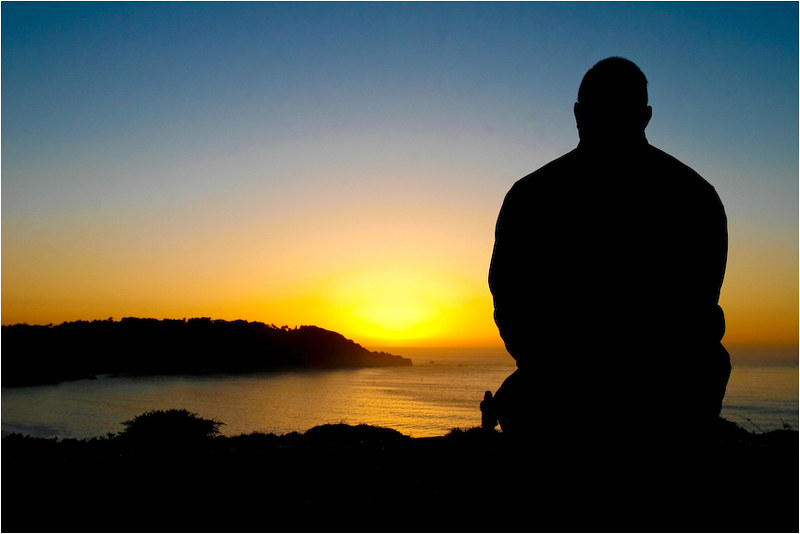Human beings are generally social creatures. Evolved from apes, we tend to form bonds and protect loved ones at all costs. If this characteristic is so ingrained in humans, then what would happen if a human were to become isolated? As it turns out, isolation can have serious lasting consequences, both unseen and seen.
Loneliness and isolation go against human nature. However, they are beneficial to some extent. Isolation and self-protection have led to the survival of the human species, as we tend to become hypervigilant and aware of our surroundings. In Addition, “loneliness has been posited to serve adaptive ends by motivating connection and reconnection” researchers Louise Hawkley and John Capitanio said, in a paper on the subject. This is a paradoxical relationship, as human nature revolves around relationships from the beginning (parent-child) to the end (mates), but going against that very nature by being isolated actually forces one’s mind to seek deeper connections.
In the end, however, human beings cannot truly be alone. In situations where humans must be alone (geographical isolation, jail, etc.), there may be damaging psychological effects, and isolation can even lead to chronic illnesses. However, these effects may “resolve upon recovery from loneliness and reestablishment of satisfying social relationships,” according to Hawkley and Capitanio. This is incredibly important, as this provides evidence that diseases or illnesses that arise from isolation and loneliness can be solved through a simple solution: human connection. This can change the lives of many people around the world, especially those who are from war-torn areas, impoverished communities, or even suffering from depression. Human contact strikes the problem of isolation at its core.
Human contact strikes the problem of isolation at its core.
Whilst some chronic diseases can be cured through human contact, there is evidence that isolation can increase the likelihood of diseases down to the molecular level. Researchers from the University of California focused on leukocyte gene regulation in humans and found that “lonely individuals’ chronic perception of social threat results in … increase in the prevalence of immature, inflammation-primed, IFN-impaired, and glucocorticoid-insensitive myeloid-lineage immune cells.” This means that isolated individuals were found to have increased inflammatory cells and decreased working immune cells, leading to increased risk of viral infections.
Isolation is a large fear for many for good reasons. From an evolutionary standpoint, it can lead to the downfall of a species. Although the effects of isolation are terrifying, there is always hope. With so many people around, isolation never needs to be a disease, as simple human contact can provide a cure.
Sources:
PNAS (2015). DOI: 10.1073/pnas.1514249112
Philosophical Transactions of the Royal Society B (2015). DOI: 10.1098/rstb.2014.0114
Image courtesy of Flickr


